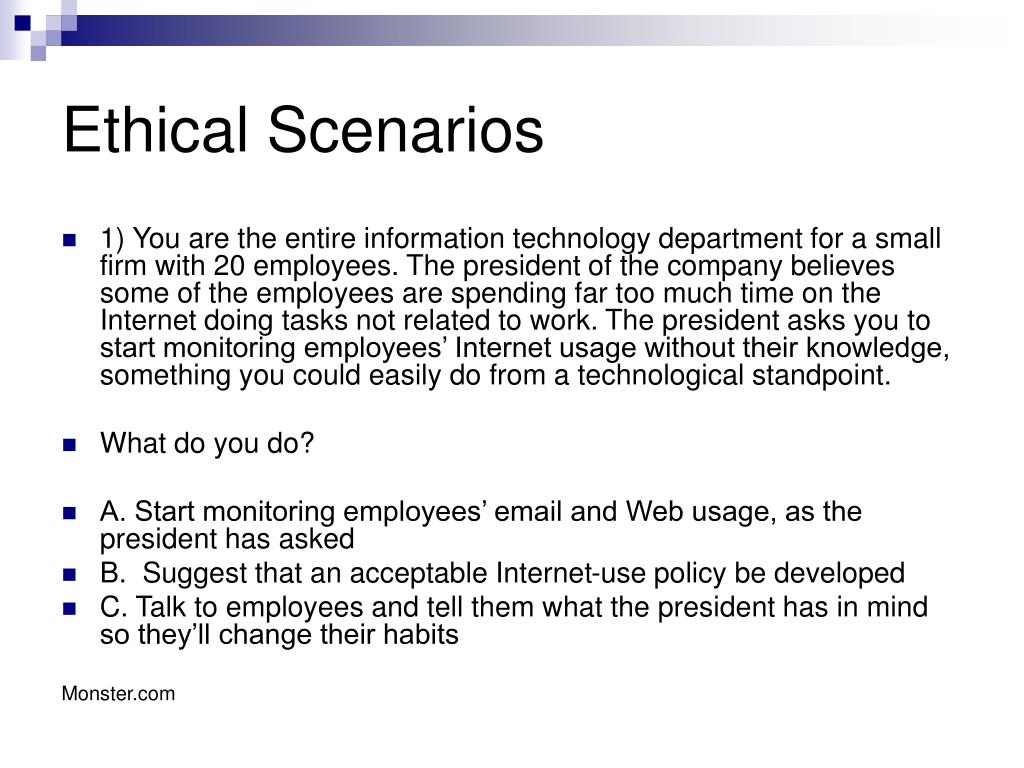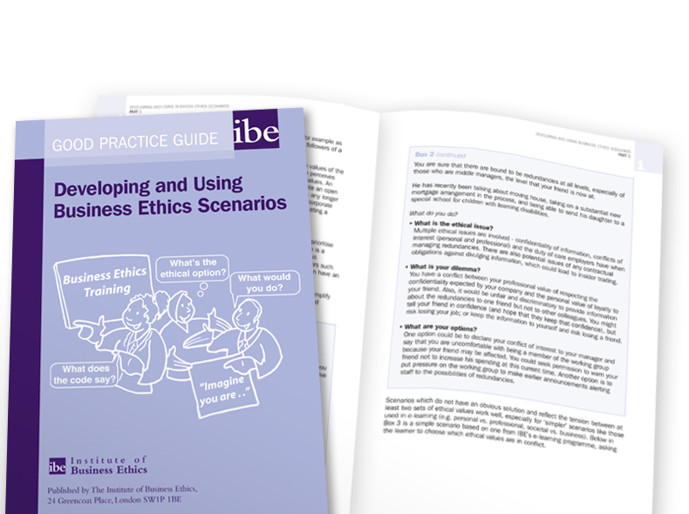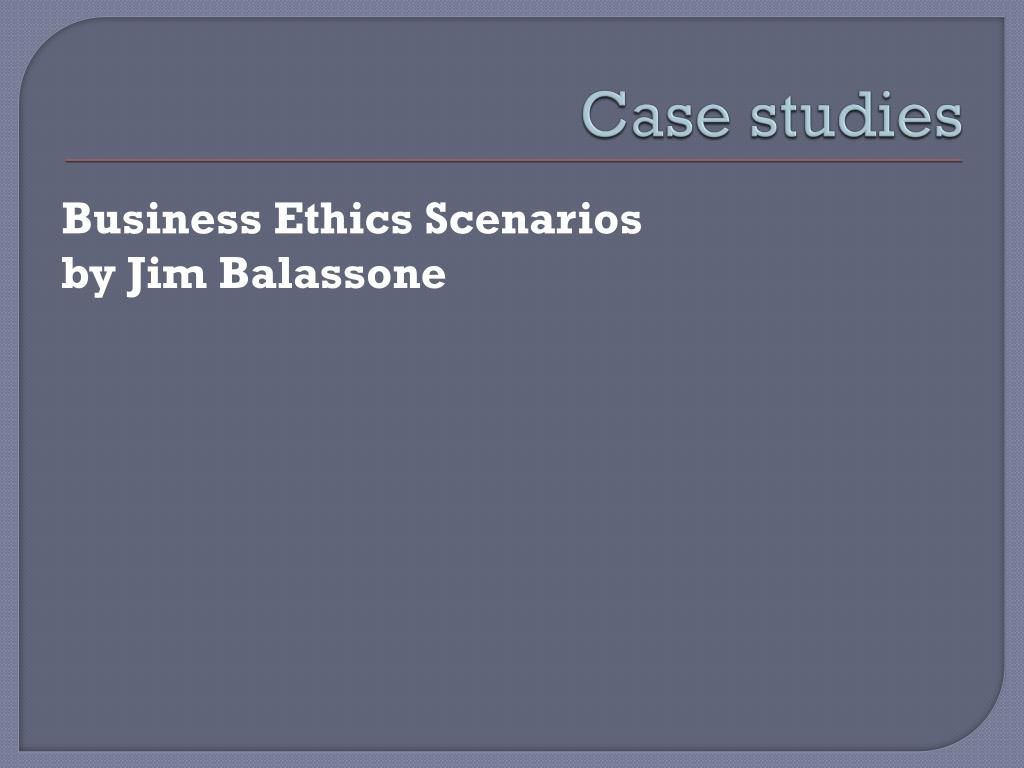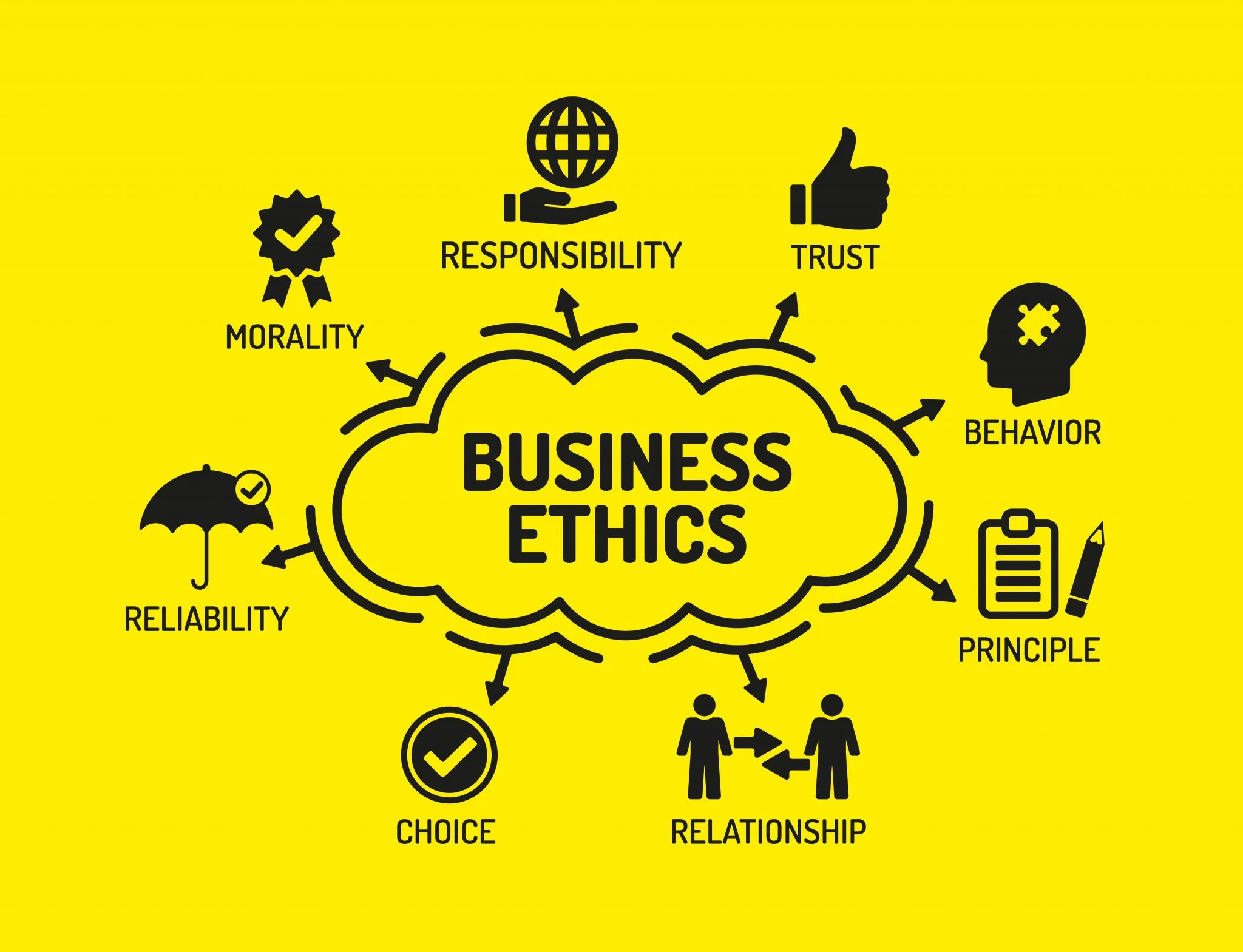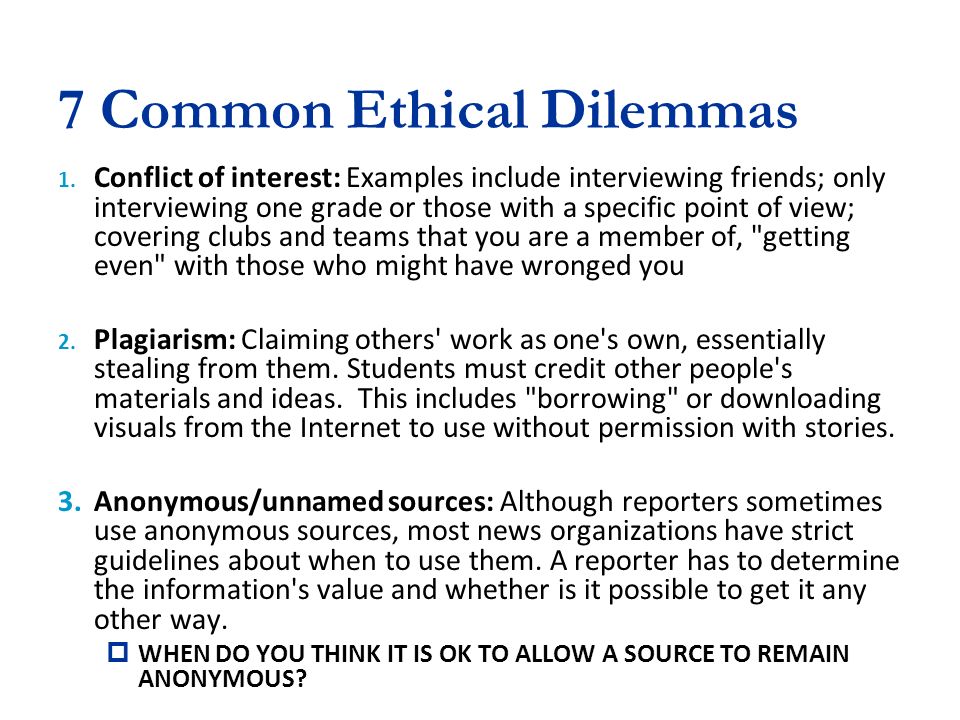Business Ethics Scenarios For Students

Imagine Sarah, a bright-eyed marketing student, staring at her computer screen, brow furrowed. The assignment: craft a campaign for a new line of children's toys. The catch? Her team is under immense pressure to exaggerate the toy's educational benefits to boost sales figures, a tactic that makes her deeply uncomfortable. This scenario, playing out in classrooms across the country, highlights the growing importance of teaching business ethics through engaging, real-world situations.
The increasing focus on business ethics scenarios in student education aims to equip future professionals with the critical thinking skills and moral compass needed to navigate complex ethical dilemmas they'll inevitably face in their careers. By grappling with these scenarios, students learn to identify, analyze, and resolve ethical conflicts, fostering a culture of integrity and responsible decision-making within the business world.
The Rise of Ethical Dilemmas in Business Education
Historically, business education prioritized profit maximization and shareholder value. However, a series of corporate scandals, like the Enron debacle and the 2008 financial crisis, exposed the devastating consequences of ethical lapses.
These events triggered a paradigm shift, leading to a greater emphasis on ethical considerations in business curricula. Universities and colleges are now incorporating ethics courses and modules into various business disciplines, from finance and marketing to management and entrepreneurship.
The Power of Scenario-Based Learning
Traditional lecture-based approaches to teaching ethics often fall short in engaging students and fostering practical application. This is where scenario-based learning comes in.
By presenting students with realistic ethical dilemmas, these scenarios encourage active participation, critical thinking, and collaborative problem-solving. Students step into the shoes of decision-makers, weighing the potential consequences of their actions and justifying their choices.
A study by the Ethics & Compliance Initiative (ECI) found that organizations with strong ethics and compliance programs are more likely to report misconduct and experience fewer legal and reputational risks. This data underscores the long-term benefits of instilling ethical values in future business leaders.
Examples of Business Ethics Scenarios
The scenarios used in business ethics education are diverse and relevant to various industries. Consider these examples:
- Insider Trading: A finance student discovers confidential information about a company's impending merger. Should they use this information to profit in the stock market?
- Environmental Responsibility: A manufacturing company faces a choice between implementing a costly environmentally friendly technology or continuing with cheaper, more polluting practices.
- Conflicts of Interest: A marketing manager is offered a lavish gift from a vendor seeking a contract. Should they accept the gift?
- Data Privacy: A tech company collects vast amounts of user data. How should they balance the need for data-driven insights with user privacy concerns?
These scenarios are not designed to provide simple, black-and-white answers. Instead, they aim to stimulate debate, challenge assumptions, and encourage students to consider multiple perspectives.
The Role of Technology in Ethics Education
Technology is playing an increasingly important role in enhancing business ethics education. Online simulations and virtual reality (VR) scenarios offer immersive experiences that allow students to practice ethical decision-making in a safe and controlled environment.
Furthermore, online platforms facilitate discussions, share resources, and provide access to experts in the field of business ethics. According to a report by Grand View Research, the global e-learning market is projected to reach $325 billion by 2025, indicating the growing adoption of technology-driven learning solutions in business education.
Beyond the Classroom: Fostering a Culture of Ethics
While scenario-based learning is valuable, it's just one piece of the puzzle. To truly foster a culture of ethics, organizations need to reinforce ethical values through their leadership, policies, and reward systems.
Strong ethical leadership is essential to setting the tone at the top and creating an environment where employees feel empowered to speak up about ethical concerns. Companies are increasingly implementing whistleblower protection policies and ethics hotlines to encourage transparency and accountability.
As Sarah in our opening example considers her options, she represents countless students wrestling with ethical complexities. By providing them with the tools and frameworks to navigate these challenges, we empower them to become not just successful business professionals, but also ethical and responsible leaders who contribute to a more just and sustainable world. The future of business depends on it.

